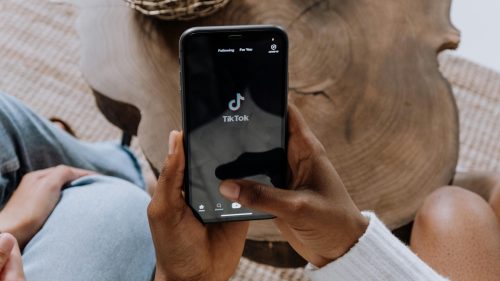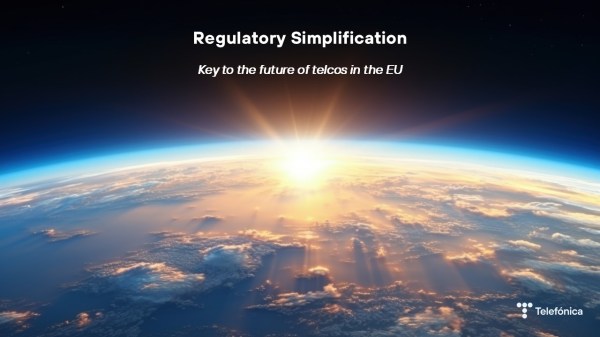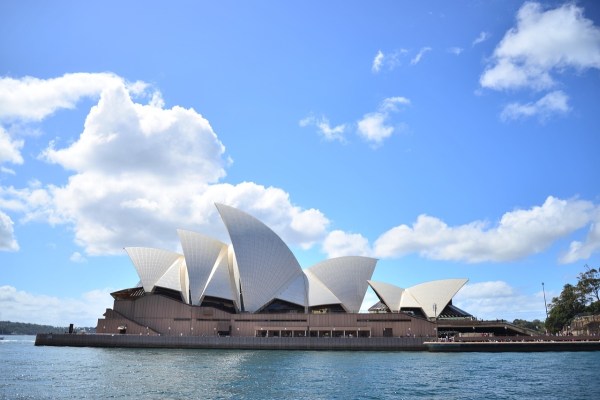In the context of the OECD annual forum, Carlos López Blanco, Global Head of Public affairs and regulation of Telefónica, has participated on the panel “The Digital World We Want”.
The forum session was an opportunity to encourage a lively debate amongst panelists around the benefits of the digital transformation for citizens and business and its power as an economic leveller; gaps, inequality and ensuring citizens aren’t left behind; trust, security and privacy issues; tools for policymakers and how to deal with legacy policies; private/public partnerships; jobs, skills and education.
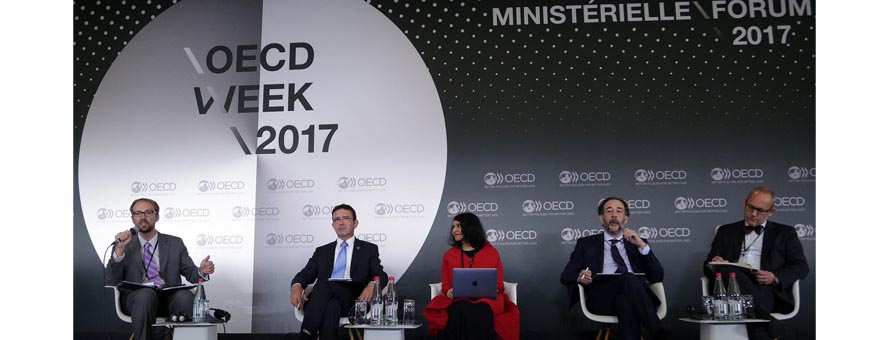
You may watch the full webcast of this interesting session here.
This session was moderated by Jason Karaian, and with an opening scene setting by Andrew Wyckoff. Other prominent panelists taking part were Malavika Jayaram, Executive Director, Digital Asia Hub, Boris Koprivnikar, Deputy Prime Minister and Minister of Public Administration, Slovenia and Nicklas Lundblad, VP Public Policy and Government Relations, Europe, Middle East, Russia and Africa, Google.
Digitization is one of the strongest drivers for increasing growth, strengthening competitiveness, boosting employment and it offers a greater capacity to tackle social and environmental issues. According to Malavika Jayaram “Even the idea of The digital world we want is contested. There are many ideas of the future. Many ideas of what equality is”
It is vital to foster an inclusive digitization process: identifying excluded people and companies and driving them to the digital world.
An appropriate regulatory framework for the digital world favouring innovation, infrastructure deployment, confidence generation and education are long term objectives. In this sense, Carlos López Blanco talked about “defining the rules of the game in the digital world” and ensuring governments understand the sense of urgency and are up to the challenge we are facing: “In the XXst century rich countries will be those able to develop the digital economy and digitalization”. “The Latam region has a huge potential to be a leader”
We need to adapt institutional model to the new fast paced ecosystem and digitize the Government and Public Administration, as well as foster companies and production processes digitalization.
Boris Koprivnikar spoke about a “system change”, deciding “faster and smarter” and where governments will “speed up their activity in the field of using digital products and producing better governance” and to that end “we are sitting together with companies”. “Sooner or later we will have a distributed democracy”
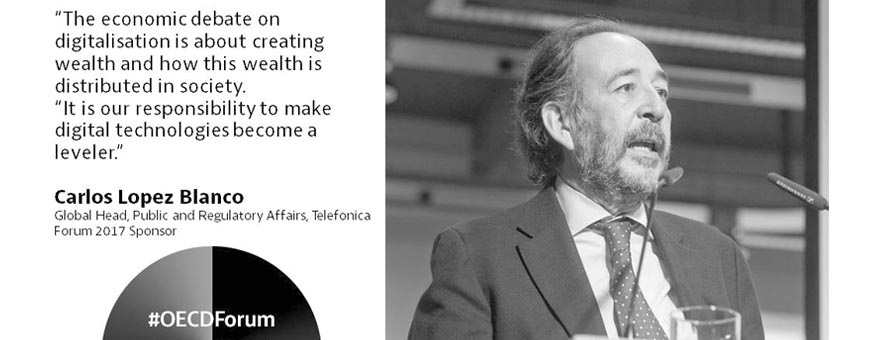
We have to ensure that individuals have the digital skills needed to make a meaningful use of these opportunities. Digital training essential not to miss the boat: Education is a priority to develop human capital. According to Carlos López Blanco “promoting education is the most important leveller”
We must favour digital innovation as well as entrepreneurship with newly-created companies (start-ups) and small and medium-sized enterprises (SME). They cannot be left behind. Nicklas Lundblad mentioned the role of governments fostering “the spirit of innovation and exploration”. Regarding city innovation Niklas reflected “cities can be laboratories for local democracies”. Carlos indicated that “cities and regions are the perfect environment for dynamic innovation”. On open data innovation Malavika pointed that “the best thing that will be done to your data will be done by somebody else”. You create the context and “people end up doing things differently”
A new debate has to be opened on taxation and contributions to the maintenance of social system welfare. And the challenge of digital extraterritoriality will continue to show new aspects with the globalization and fast digitization. As Carlos said “Governments need to guarantee social cohesion in the era of digitalization”
Networks are the highways of the new digital world. We need to encourage the deployment of access, breaking down the economic, technical, regulatory and social barriers that slow down infrastructure deployment and Internet growth. Telecom operators, we are one of the most important driving forces of economic progress in the communities in which we are present. But furthermore, value perception, affordability and digital skills are critical to increase the use of the digital technologies and reduce the digital divide, making people and businesses embrace this new digital opportunity.
Confidence and trust are the foundation. Building higher levels of trust and enforcing security is important for consumers and business. The new digital reality requires an adaptation of the fundamental rights already recognized in the “physical world”, to the new world
Carlos revealed how “data is at the center of this digital second wave”, being “digital confidence” key to unlock the full potential: “security, transparency, privacy and empowerment of customers and citizens”. “Data is much more than oil”, it is “not only a good”. He pointed how we have “a common challenge for public and private sectors to create data ethics”. Nicklas also reminded “control” as a principle to foster confidence . For Malavika “We are post-ownership in data in different ways. It is about entitlements and rights. I have certain rights in relation to data because it’s about me” and she emphasised “You are responsible for what happens to that data so only collect what you actually need. Which is also the framework for all data protection laws (purpose limitation and data minimization)”. For Boris Koprivnikar “The key is trust”.
Finally, the world is changing and all kind of frontiers are disappearing. We need to adapt the regulatory framework to a level the playing field for all stakeholders, in a global world.
You may watch the full webcast of this interesting session here.






